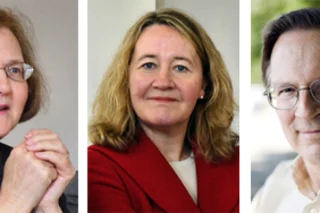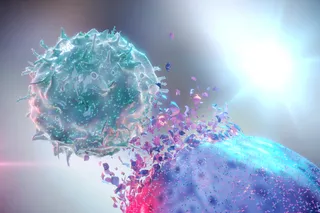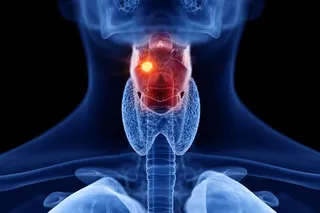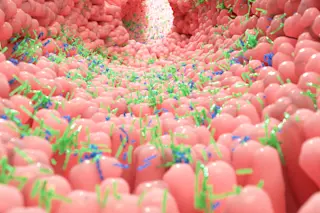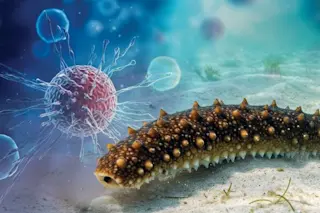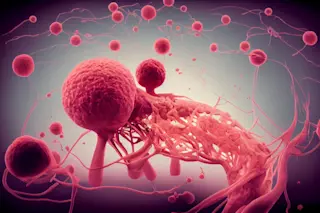The Nobel Prize for medicine has been awarded to three U.S. researchers who probed the mechanism of cellular division, and whose work opened new avenues both in the fight against cancer and attempts to slow aging. The prize will be shared by Australia-born Elizabeth Blackburn, Carol Greider, and London-born Jack Szostak. The three researchers
solved the mystery of how chromosomes, the rod-like structures that carry DNA, protect themselves from degrading when cells divide. The Nobel citation said the laureates found the solution in the ends of the chromosomes -- features called telomeres that are often compared to the plastic tips at the end of shoe laces that keep those laces from unraveling [AP].
The enzyme that builds telomeres, called telomerase, has been called the "immortality enzyme" because it allows cells to divide perpetually without dying. Researchers now believe that cancer cells use telomerase to sustain their uncontrolled growth, and several ...


